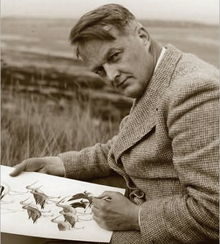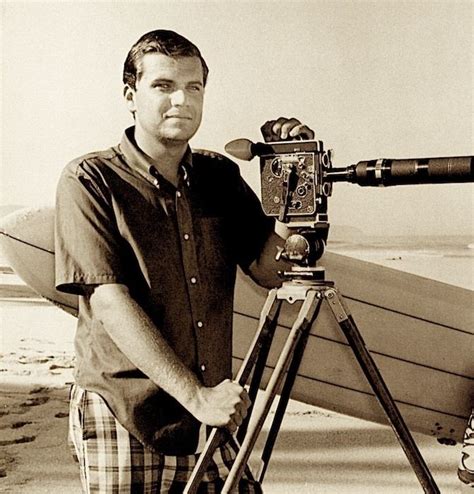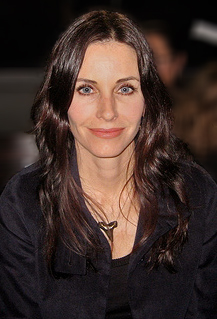A Quote by Marston Bates
One dictionary that I consulted remarks that "natural history" now commonly means the study of animals and plants "in a popular and superficial way," meaning popular and superficial to be equally damning adjectives. This is related to the current tendency in the biological sciences to label every subdivision of science with a name derived from the Greek. "Ecology" is erudite and profound; while "natural history" is popular and superficial. Though, as far as I can see, both labels apply to just about the same package of goods.
Quote Topics
About
Adjectives
Animals
Apply
As Far As
Biological
Biological Science
Both
Commonly
Current
Derived
Dictionary
Ecology
Equally
Erudite
Every
Far
Goods
Greek
History
Just
Label
Labels
Meaning
Means
Name
Natural
Natural History
Now
Package
Plants
Popular
Profound
Related
Remarks
Same
Science
Sciences
See
Study
Superficial
Tendency
Though
Way
While
Related Quotes
My background is that I've spent a lot of time marketing entertainment. One of the old saws in package goods is you can take something that is popular and you can make it more popular. But if you take something less popular, you can't automatically market it into the same success as something that's already popular.
Books of natural history aim commonly to be hasty schedules, or inventories of God's property, by some clerk. They do not in the least teach the divine view of nature, but the popular view, or rather the popular method of studying nature, and make haste to conduct the persevering pupil only into that dilemma where the professors always dwell.
The philosophy that I have worked under most of my life is that the serious study of natural history is an activity which has far-reaching effects in every aspect of a person's life. It ultimately makes people protective of the environment in a very committed way. It is my opinion that the study of natural history should be the primary avenue for creating environmentalists.
There is this looking at the world as shapes and patterns and colors that have meaning, and you can't deny the superficial because the superficial is what meets the eye. The content can never be disconnected from the surface, and this active interest in surface can never be disregarded from the good art that we admire.
Almost everyone... seems to be quite sure that the differences between the methodologies of history and of the natural sciences are vast. For, we are assured, it is well known that in the natural sciences we start from observation and proceed by induction to theory. And is it not obvious that in history we proceed very differently? Yes, I agree that we proceed very differently. But we do so in the natural sciences as well.
































